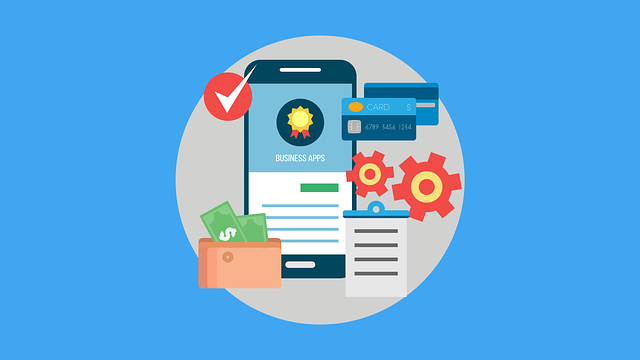
The future of e-commerce on Facebook looks bright. It's
still early days, but the social media platform is rapidly growing. Many
retailers are experimenting with new ways to use the social network to sell
their products.
In the past few years, Facebook's ads have been a popular
e-commerce tool, directing people to buy items directly from Facebook. Some
companies are using Facebook to promote their products in a way that's more
conversational than traditional ads. But it's not yet clear how Facebook plans
to transform its role as an e-commerce platform.
Facebook has been making significant investments in
e-commerce. One of these investments is Facebook Marketplace, which allows
users to buy and sell goods through the platform. There are currently more than
1 billion monthly users on the platform. However, it's not clear how many
people are actually using the service.
Facebook's primary business model has been to sell
advertising, but a growing number of users are buying products from brands and
stores. This trend is a result of a variety of factors. These include:
Users who use Instagram are increasingly buying products
directly on the photo sharing site. Unlike Facebook's other e-commerce tools,
Instagram users aren't required to leave the app to make a purchase.
Facebook is also working to bring more e-commerce
capabilities to other apps. It has launched a number of shopping features,
including a Pinterest-style visual search tool that allows users to scan
real-world items and find similar product listings. And it is testing a
Facebook-like checkout feature that lets users buy items from a product's
photo.
Facebook also recently announced the launch of Shops on
Marketplace. The new feature is designed to make it easier for small businesses
to sell their products on Facebook. Rather than having to create an account and
create an online store, Shops allows small business owners to post products,
receive customer support, and checkout on the Facebook app.
The company also teases some big innovations in the near
future, including the development of augmented reality (AR) and artificial
intelligence (AI). As part of its larger online sales strategy, Facebook has
begun to implement a number of e-commerce tools to increase conversions.
Another big factor is the social component. Many consumers
who choose to buy products on Facebook are also using the social media site to
talk about and share their purchases. They're 18 times more likely to purchase
something directly in the News Feed than from an ad. This has been a major
driver of growth for the company.
While it's still too early to say whether Facebook will
become a key player in the e-commerce space, one thing is for sure: it's likely
to be the center of the online shopping world in the coming years. With that,
it's crucial for companies to optimize their e-commerce tools. That's not just
to increase the potential for transactions, but also to improve their future
campaigns.